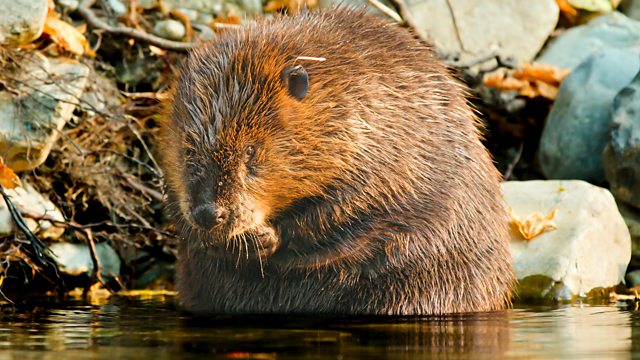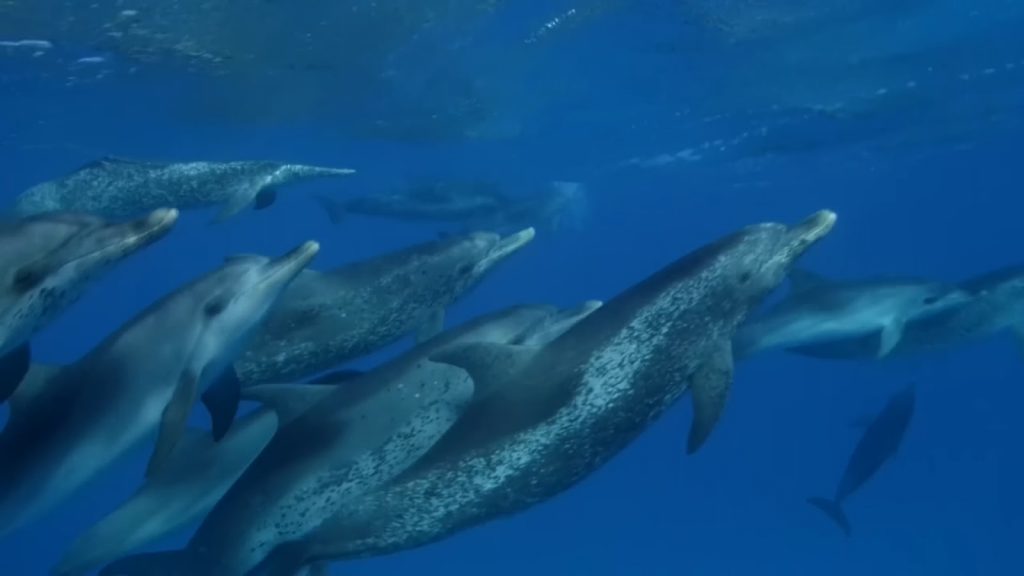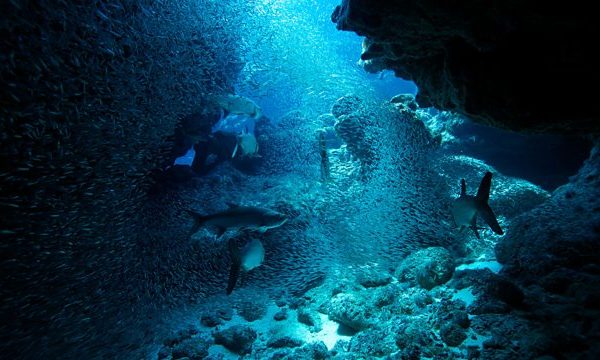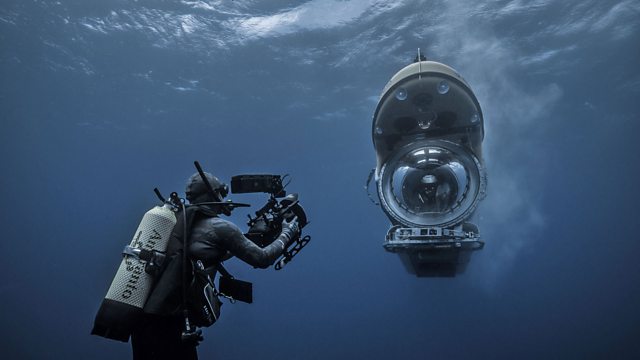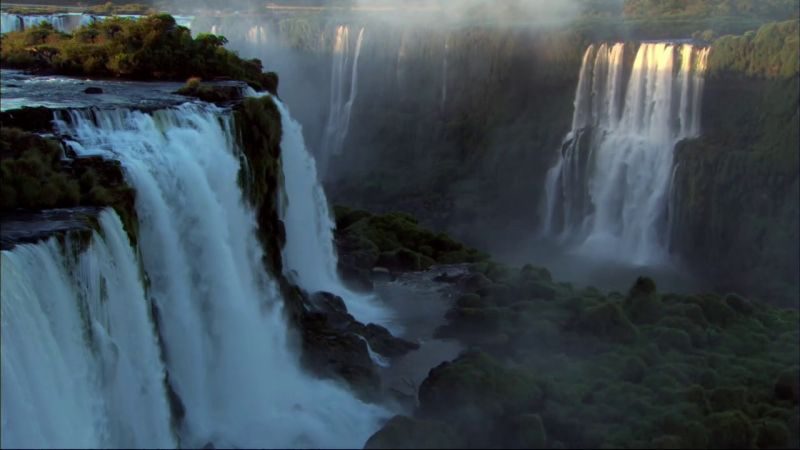Our Changing Planet episode 1 : The second year of the BBC’s ambitious, seven-year, natural history project sees six presenters visit six of the planet’s most threatened ecosystems to meet the people fighting to restore the earth’s delicate balance and adapt to the changes that have already taken place. The BBC’s natural history project enters its second year, taking on the ambitious task of visiting six of the planet’s most threatened ecosystems. The aim of the project is to meet with individuals who are fighting to restore the earth’s delicate balance and adapting to the changes that have already occurred.
In the first episode, presenters Steve Backshall, Liz Bonnin, and Chris Packham travel to three locations to document the impact of climate change and explore innovative solutions to mitigate it.
Steve Backshall visits the Maldives, a country facing significant challenges due to climate change. The warming seas and ocean acidification have led to coral bleaching on a massive scale, and increasingly unpredictable weather patterns could deal the final blow. The earth’s reefs are now at a tipping point. However, these extreme challenges have galvanized the science community to experiment with more innovative techniques and trial ideas that could make a difference.
Steve returns to Laamu Atoll to discover a cutting-edge project led by Professor Steve Simpson and his team from Bristol University. They have identified that coral larvae move towards the sound of a healthy reef, guiding them to settle in more biodiverse and healthier habitats, thus adding to the coral population. Steve records the sound of a healthy reef using a 360-degree camera, and they identify key marine life that make up these coral playlists.
Our Changing Planet episode 1
Liz Bonnin travels to California to investigate ancient forest management techniques and the beaver’s role in preventing wildfires. California’s wildfires have become a yearly catastrophe, with the state government spending billions of dollars in the last five years to fight these out-of-control blazes. Liz discovers that controlled burning, a technique practiced for thousands of years by the indigenous Tule River tribe, can reduce the amount of material that typically collects in forests and fuels megablazes. Liz joins the tribe on one of their cultural burns and learns how they have protected their land and sacred sequoia trees.
To prevent the fires from moving at speed across the landscape, scientists and indigenous communities are hoping that beavers can help solve the problem. Liz joins scientist Dr. Emily Fairfax, who has been studying the benefits of introducing beavers into a landscape. Surrounded by burnt-out forest, a green oasis sits at its centre, the territory of a beaver family that has created what Emily describes as a ‘speed bump’ for wildfires.
Chris Packham travels to Greenland to learn about the effects of global warming and the rate at which snow and ice are melting and retreating in the Arctic. He joins an Arctic expedition as scientists from Aarhus University and Copenhagen Zoo track across the snow-covered tundra in search of musk oxen, an ice age survivor that can tolerate temperatures ranging from -40 to +10 degrees Celsius.
With the gradual warming of the Arctic, future conditions may not resemble anything the species has ever encountered. Now moving slowly northwards as temperatures rise, there are many questions to be answered: will populations become vulnerable to warm weather disease? How long will they have a territory that’s cold enough for them to survive in? And what will they leave behind them? Chris and the team have to move fast across the vast landscape, hoping to dart and collar 21 of these huge, powerful creatures, taking hair, blood and stomach samples. The sophisticated collars and an array of science techniques will be able to tell us if they breed, feed, survive or perish in the years to come.
Follow the journey of the BBC’s natural history project to preserve the planet’s future by watching this series. With a focus on climate change, wildfire prevention, and wildlife preservation, this series highlights innovative solutions to mitigate the impact of global warming, demonstrating the power of science and indigenous knowledge to restore our earth’s.
In Our Changing Planet episode 1 you will find answers to this questions:
- What are the effects of climate change on coral reefs?
- How can controlled burning help prevent wildfires?
- What is the impact of global warming on Arctic wildlife?
- How do beavers help control wildfires?
- What are the unique challenges of studying musk oxen?
- How are scientists experimenting with coral reef restoration?
